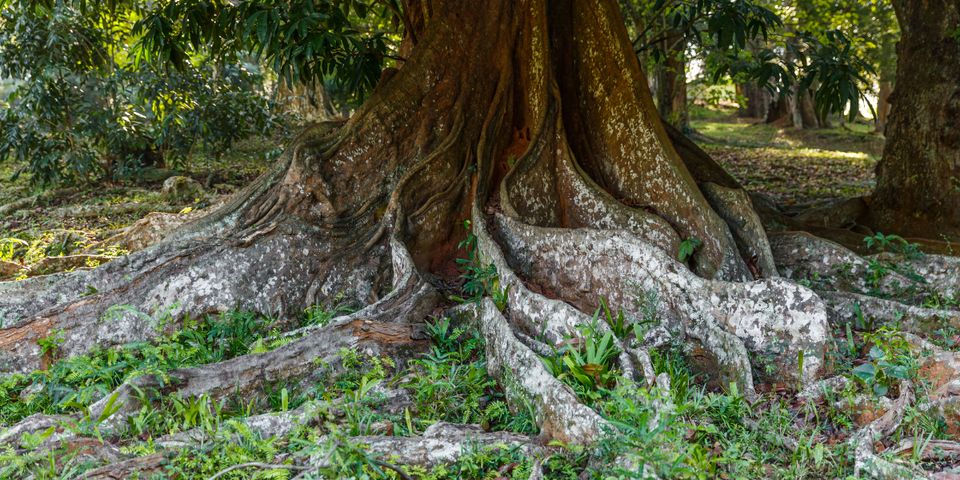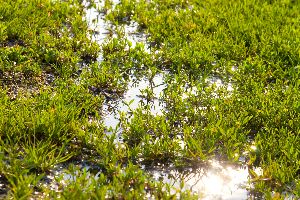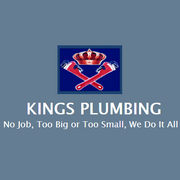
Sewage pipes are located underground and transport wastewater away from residences. While trees provide people with clean air to breathe, their roots can still be harmful to the plumbing lines if they're planted nearby. The following guide outlines some issues roots can cause and how a professional plumber can help.
How Can Tree Roots Affect Pipes?
Tree root systems beneath the earth may extend two to three times the width of their canopies. As trees grow taller, their roots typically deepen and expand, and they may start to seek out water sources as forms of nutrients. As a result, those with invasive networks, such as willows, hybrid poplars, and American elms, might start to grow into pipes. Plumbing lines made from natural materials, such as clay or wood pulp fibers, are especially vulnerable, as they crack easily when roots press against them. Concrete and PVC are also susceptible to root infiltration, as hair-thin strands might find their way into loose joints and tiny crevices, causing root material to grow inside the lines.
What Are the Signs of Trouble?

If tree roots crack pipes, you might observe pooling water on your lawn. This happens when raw sewage leaks out of fissures in buried lines. You might also notice foul odors and suspiciously green grass, as wastewater fertilizes foliage and boosts growth. Making contact with sewage can cause potentially serious bacterial and viral illnesses.
If roots grow into pipes, they may form large masses that obstruct the flow of wastewater. This might cause water to drain slowly in sinks and tubs. Sewage may also back up into drains in kitchens and bathrooms, producing odors and creating health hazards in your residence.
Cracks in the pipes can introduce air bubbles into the lines and change the internal pressure. When this happens, you might notice gurgling sounds coming from pipes behind walls and beneath flooring.
How Can You Correct Issues?
Tree root damage is often a serious issue that falls outside the scope of pipe repairs. A plumber will likely recommend water line replacement, which involves excavating and removing damaged pipe segments. They'll then lay new lines before covering them with earth.
Choosing durable pipes made from steel or PVC can prevent damage from recurring. Avoid planting new trees near your sewer lines, as this may keep roots from growing into them. While planting, make sure new trees are placed at least 20 feet away from buried plumbing pipes.
If you ever notice signs of tree root infiltration in your sewage system, get in touch with King's Plumbing. These plumbers provide water line replacement and pipe repairs to clients throughout West Chester, OH, and Greater Cincinnati. They also offer same-day and 24-hour service for emergencies, and they'll never burden you with hidden fees and overcharges. Call (513) 683-9935 to book an appointment, and visit the website to find out how they can keep your plumbing system serviceable.
About the Business
(23 reviews)
Have a question? Ask the experts!
Send your question

